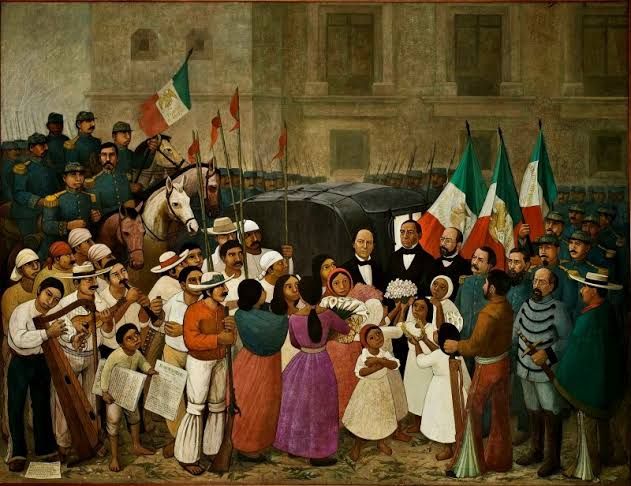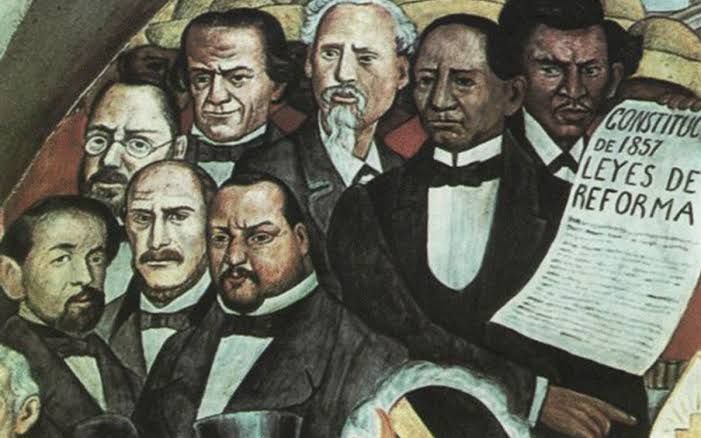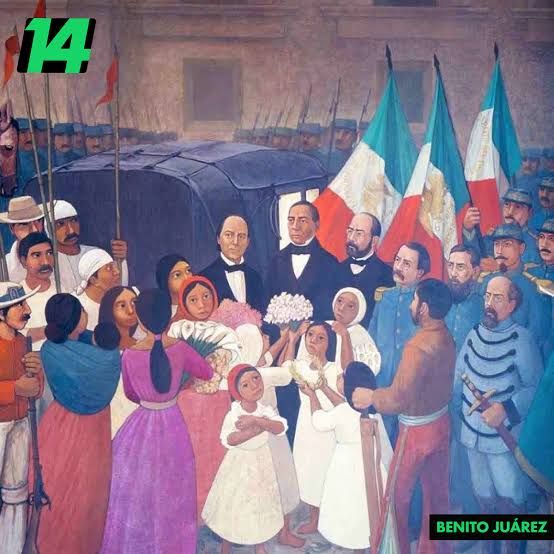Bismillahir Rahmanir Rahim
Assalamu Alaikum Wa Rahmatullahi Wa Barakatuhu
Dear Companions Today I want to share with you some words about the evils of killing foetuses.Welcome to this post and congratulations to all of you.
Usury, commonly referred to as "riba" in Islamic finance, is indeed a matter of great concern in Islamic teachings. The Quran and Hadith, the foundational sources of Islamic guidance, emphasize the prohibition of usury due to its detrimental impact on individuals and society. Let's explore this topic in light of Islamic principles.

source
In the Quran, the prohibition of usury is unequivocal. Surah Al-Baqarah (2:275-279) explicitly condemns the practice of charging interest and highlights its harmful consequences. The Quran describes usury as a form of oppression and warns against engaging in such transactions. The emphasis on justice and fairness in financial dealings is a recurring theme throughout the Quran.

source
The Hadith, the sayings and actions of Prophet Muhammad (peace be upon him), further elucidate the gravity of usury. Prophet Muhammad stated, "A dirham of riba that a man receives knowingly is worse than committing adultery thirty-six times" (Ahmad). This comparison underscores the severity of engaging in usurious transactions.

source
Islamic scholars have expounded upon the harmful effects of usury on both individuals and society. The charging of interest can lead to economic disparities, widening the gap between the affluent and the economically vulnerable. It perpetuates a cycle of debt and poverty, trapping individuals and communities in financial distress.

source
Moreover, usury can foster greed and unethical behavior, as individuals may prioritize monetary gain over ethical considerations. This can erode the moral fabric of society, leading to a decline in values such as honesty, trust, and compassion. Islamic teachings emphasize the importance of a just and ethical economic system that promotes the well-being of all members of society.

source
The Quran encourages trade and commerce but insists on conducting business transactions with fairness and integrity. In Surah Al-Baqarah (2:188), believers are reminded not to consume one another's wealth unjustly. This verse underscores the principle of economic justice and fair dealings, emphasizing that wealth accumulation should not come at the expense of exploiting others.

source
Islamic finance provides alternative mechanisms that align with Islamic principles and avoid usury. Profit-and-loss sharing arrangements, such as Mudarabah and Musharakah, promote risk-sharing and ensure that both parties share in the success or failure of a venture. These models encourage ethical business practices and discourage the exploitation inherent in usurious transactions.
Implementing Islamic economic principles requires a holistic approach, involving not only individuals but also governments and financial institutions. Muslim-majority countries have, to varying degrees, incorporated Islamic finance principles into their economic systems. However, challenges remain in fully transitioning from conventional to Islamic finance.
In addressing the issue of usury, educational initiatives play a crucial role. Increasing awareness about the ethical and economic implications of engaging in usurious transactions can contribute to a shift in societal attitudes. Islamic scholars, educators, and community leaders have a responsibility to disseminate knowledge about the Quranic injunctions and the teachings of Prophet Muhammad regarding usury.
It is essential to recognize that the prohibition of usury is not solely a religious mandate but also a means to establish economic justice and social equity. By adhering to Islamic principles, societies can strive towards a fair and ethical economic system that prioritizes the well-being of all members, fostering a sense of responsibility and compassion.
source
Usury, as prohibited in the Quran and Hadith, is considered a grave offense in Islam due to its detrimental impact on individuals and society. The ethical and economic implications of engaging in usurious transactions underscore the need for adhering to alternative financial models that align with Islamic principles. Through education, awareness, and a commitment to economic justice, societies can work towards creating an ethical and inclusive economic system.

Upvoted. Thank You for sending some of your rewards to @null. Read my last posts to make sure that BLURT burning is profitable for you. Before using this bot please make sure your account has at least 100 BP. Get more BLURT:
@ mariuszkarowski/how-to-get-automatic-upvote-from-my-accounts@ blurtbooster/blurt-booster-introduction-rules-and-guidelines-1699999662965@ nalexadre/blurt-nexus-creating-an-affiliate-account-1700008765859@ kryptodenno - win BLURT POWER delegation@ ctime/burn-bot-liquid-blurt